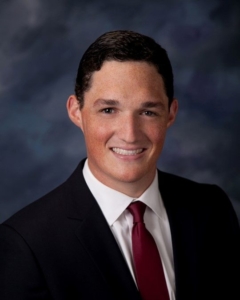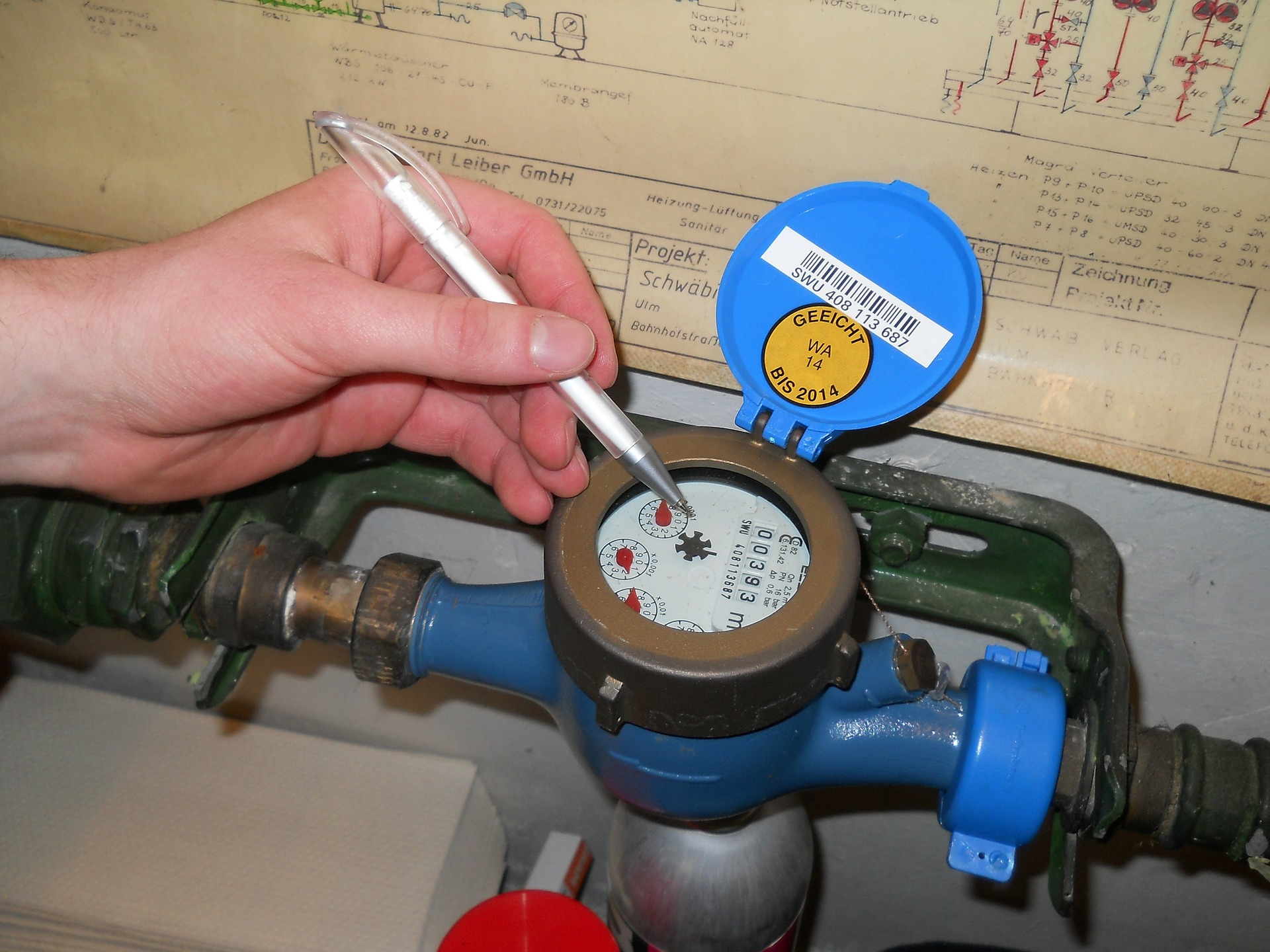New law requires water meter installation in new multi-unit residential developments to track individual usage
By Paula C.P. de Sousa Mills and Matthew Collins, Best Best & Krieger LLP
In an effort to encourage water conservation throughout California, Gov. Jerry Brown recently signed a bill into law that will require the owner of any multi-unit residential development constructed after January 1, 2018 to install individual water meters or submeters that measure the quantity of water supplied to each residential unit.
Currently, many Californians living in apartments or condominiums do not directly pay for their water usage based on individual water usage. Their water, rather, may be charged as an aggregated flat-rate established by their landlord or building owner and wrapped into rent or an alternative payment arrangement. With no tracking of individual water usage — and therefore limited accountability — there is no direct incentive for these individuals to alter consumption habits.
Senate Bill 7 aims to change that.
Late last month, Gov. Jerry Brown signed the bill into law in an attempt to encourage water conservation and connect water suppliers with all of California’s users. The move will likely have significant impacts for water suppliers and users as well as multi-unit housing developers and landlords throughout the state.
SB 7 requires that individual water meters or submeters be installed in any multi-unit residential and/or mixed-use developments constructed after Jan. 1, 2018. It, too, directs water purveyors to necessitate such installations in order to measure individual water usage as a condition of new water service.
A majority of the state’s apartments and multi-unit developments have master-metered water.
Under the current system, the development’s landlord — not the tenant — is the water customer. This setup simplifies service for water purveyors. Rather than administering individual service to each unit, the supplier has just one customer who presumably recovers all associated costs through its rental charges.
With California experiencing its fifth year of severe drought, and residential and commercial water users abiding by voluntary water-use restrictions and mandatory water allotments, respectively, a large number of residents aren’t receiving information on their volumetric water usage that could encourage conservation.
A 2015 survey by the Apartment Association of Greater Los Angeles showed water usage among L.A. rental properties stayed the same or increased after the governor issued orders to reduce statewide use by 25 percent. While the survey was recognized as non-scientific, it highlighted a concern among officials that a lack of correlation between water costs and usage for apartment tenants led to limited conservation.
Individual water meters, or submeters, have been shown to significantly reduce water usage by approximately 15 percent — or 21.8 gallons a day per unit — according to a 2004 study sponsored by the U.S. Environmental Protection Agency, the National Apartment Association as well as cities and water districts in the western United States.
The state already has a mandate on the books to have meters installed on every property, but individual units in multi-family developments were immune. Passed in 2004, Assembly Bill 2572, requires water suppliers to install water meters on all customer connections by January 2025. SB 7 expands upon this standard in several ways.
Owners of newly constructed multi-unit residential, commercial and mixed-use structures will be required to install and read submeters. However, this obligation can be avoided if the purveyor agrees to read and install the submeters or is operating under an ordinance or regulation requiring individual metering.
Several developments too will be exempt from SB 7’s requirements. Those excluded from the individual meter/submeter-mandate include: low-income housing developments, long-term health care facilities, time-share properties, elderly residential care facilities and student housing at schools and other places of education.
SB 7 imposes property owners, and not water purveyors, with the responsibility of ensuring compliance with laws and regulations governing the installation, certification, maintenance, and testing of submeters and associated onsite plumbing. The bill also prohibits water purveyors from imposing added capacity or connection fees for a submeter that is installed by the property owner.
Additionally, the bill contains provisions to protect consumers and tenants including requiring property owners charging water fees separately from rent to disclose estimated water costs upfront.
While the law doesn’t go into effect until January 2018, multi-unit property owners, developers and water providers can prepare for changes now.
For developers, this includes accounting for potential increases in building costs in order to install meters in individual units or to configure the water-delivery system in a way that tracks individual usage. Property owners, on the other hand, can prepare for growth in maintenance and administrative costs associated with servicing multiple water meters or billing tenants based upon individual water usage. Water purveyors may also see an uptick in administrative costs if they voluntarily assume the responsibility for installing, reading, and billing individual units falls to them.
While the law will considerably impact property owners, developers and water suppliers, it will ultimately place millions of apartment, condominium, or any other multifamily and/or mixed use development residents in control of their water usage by providing them with vital information to gauge how much water they consume.
[divider] [/divider]
 Paula C. P. de Sousa Mills, a partner in Best Best & Krieger LLP’s Special Districts practice group, practices in most areas of public representation including the Brown Act, conflict of interest, disclosure of public records and Local Agency Formation Commissions. She provides counsel and representation to public agencies, including water purveyors, throughout California. Based in San Diego, she can be reached at paula.desousamills@bbklaw.com.
Paula C. P. de Sousa Mills, a partner in Best Best & Krieger LLP’s Special Districts practice group, practices in most areas of public representation including the Brown Act, conflict of interest, disclosure of public records and Local Agency Formation Commissions. She provides counsel and representation to public agencies, including water purveyors, throughout California. Based in San Diego, she can be reached at paula.desousamills@bbklaw.com.
 Matthew Collins is an associate in Best Best & Krieger LLP’s Environmental Law & Natural Resources practice group. Based in the firm’s Riverside office, his practice centers on environmental, natural resources, and land use law, including water quality and water rights issues. Collins’ practice also focuses on environmental laws including the California Environmental Quality Act and National Environmental Policy Act. He can be reached at matthew.collins@bbklaw.com.
Matthew Collins is an associate in Best Best & Krieger LLP’s Environmental Law & Natural Resources practice group. Based in the firm’s Riverside office, his practice centers on environmental, natural resources, and land use law, including water quality and water rights issues. Collins’ practice also focuses on environmental laws including the California Environmental Quality Act and National Environmental Policy Act. He can be reached at matthew.collins@bbklaw.com.





